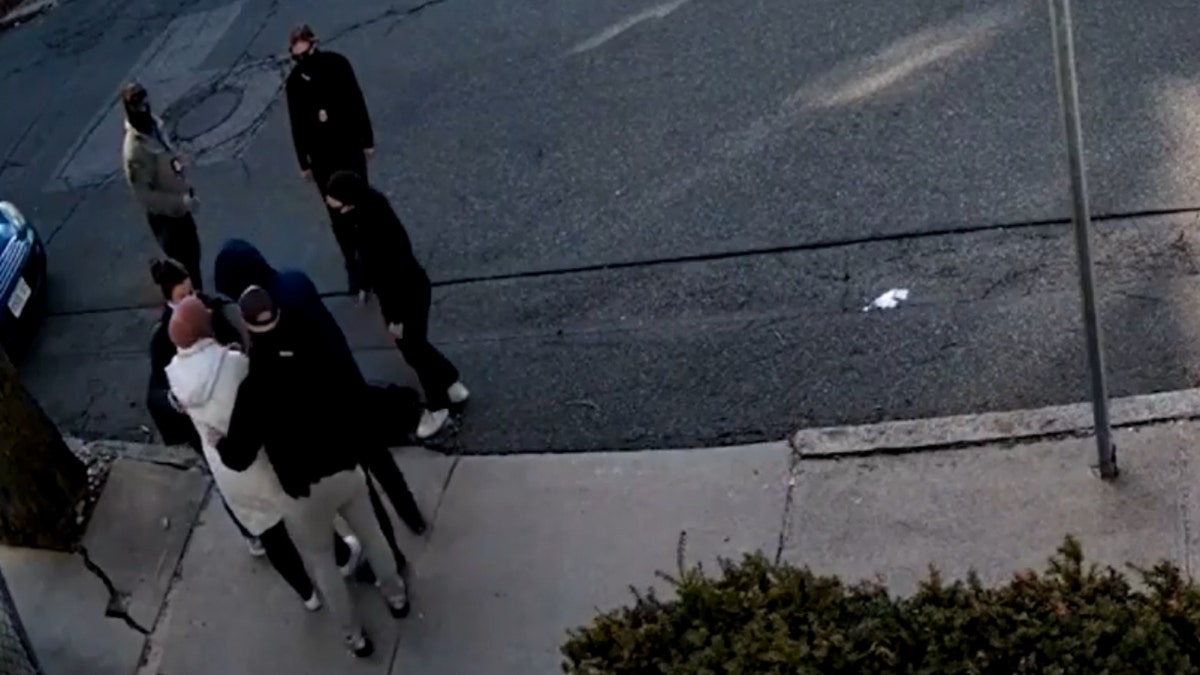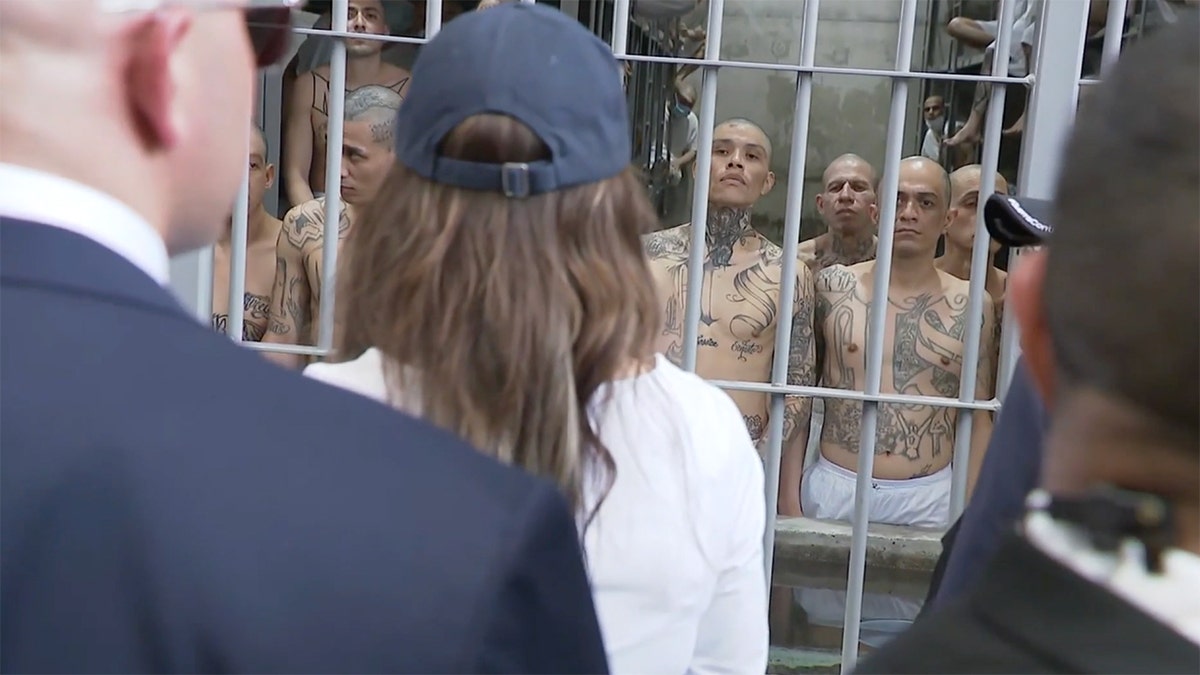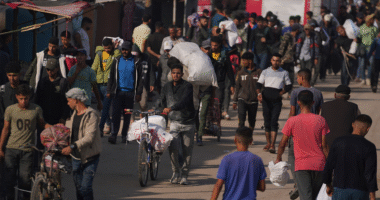Secretary of State Marco Rubio recently addressed the situation involving Tufts University student Rumeysa Ozturk’s visa removal. He emphasized that anyone causing disturbances will face consequences, including having their visas revoked. Regardless of one’s cause or movement, Rubio emphasized the importance of maintaining peace and order.
During a press event in Guyana, Rubio expressed his stance on the issue. He questioned the rationale behind allowing individuals to enter a country only to disrupt its peace. Rubio urged all countries to take a similar stand, emphasizing the need to prevent students from destabilizing academic environments.
“We gave you a visa to come and study and get a degree, not to become a social activist,” he added.

ICE confirmed Tufts University student Rumeysa Ozturk’s arrest to Fox News on Wednesday.
But Rubio on Thursday maintained that “every country in the world has a right to decide who comes in as a visitor and who doesn’t.”
Rubio’s message was clear: disruptive behavior will not be tolerated. He emphasized the importance of maintaining a peaceful and conducive environment for learning. Rubio’s words serve as a reminder of the need to uphold order and decorum within educational institutions.
“We’ll revoke your visa, and once your visa is revoked, you’re illegally in the country and you have to leave,” Rubio confirmed.
The secretary said the U.S. has thus far revoked some 300 visas.
“We do it every day. Every time I find one of these lunatics, I take away their visa,” Rubio said. “At some point, I hope we run out because we’ve gotten rid of all of them. But, we’re looking every day for these lunatics.”

DHS Secretary Kristi Noem toured the El Salvador prison holding hundreds of alleged members of Tren de Aragua who were deported from the U.S. (Credit: Pool)
Rubio also highlighted that Washington’s push to revoke the visas of “destabilizing” visitors applies not only to students, but also to gang members.
The secretary pointed to the administration’s efforts to expel gang members of MS-13 and Tren de Aragua, who were first housed in the Guantánamo Bay prison before being transferred to Venezuela and El Salvador.

















